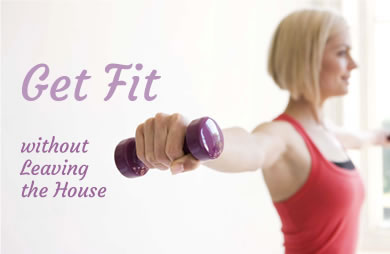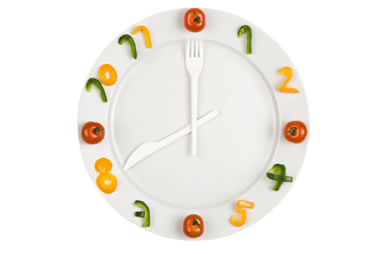|
We know that tracking your food leads to better weight loss, and these days, there is no shortage of ways to do it: keeping a paper log, tracking your calories and nutrients at SparkPeople.com, using a mobile app on your Smartphone, or a combination of all three! Each method has its own pros and cons, but is any one method actually better than the other? A new study published in the journal Obesity aimed to answer that question. Researchers put 210 participants in one of three groups during a weight-loss intervention. One group of people used a personal digital assistant (PDA) that offered tailored feedback based on what they tracked; a second group used a PDA that did NOT offer feedback; and the final group simply tracked their food and fitness in a paper log. Which group do you think lost the most weight? After six months, people in all three groups lost weight. However, those who used the PDA that provided feedback were the most likely to lose at least 5% of their initial weight. In fact, both groups who used the PDA (with or without feedback) lost more weight than those who tracked their diet and exercise on paper. The PDA groups also reduced their waist circumference more than those using the paper records. Researchers also discovered that people who had the PDAs tracked their goals more often as the study went on. So can using a PDA or Smartphone help you lose more weight? Possibly. Researchers speculate that one reason participants with the PDAs fared better was its convenience—that it made it easy to not just track calories eaten and burned, but also to look up foods before eating in the first place, whereas people who kept paper diaries did not have that luxury. This could have led the PDA groups to make better choices. Tracking food and fitness electronically might also be quicker and easier than a paper log—for the tech-savvy, at least. But receiving feedback based on one's choices had a big effect, too. Researchers say that this feedback, whether positive (when participants did well) or constructive (when participants failed to meet certain goals), enhanced their motivation to stick with the program. "The feedback message functioned as a compass that enabled the individual to stay on course toward the goal," wrote the study authors."It also functioned as a source of more frequent attention that 'someone' was noticing what the participant was doing, which was another powerful reinforcer." The bottom line: "Other studies also show that recording your dietary intake, physical activity, and weight on a regular basis are effective strategies to help people lose weight," commented Dr. Kevin O. Hwang, MD, MPH, Assistant Professor of Medicine at the University of Texas Medical School at Houston. (Hwang was not involved in this study, but I asked him for comment.) "It's great to have online and mobile tools to make this self-monitoring more fun and convenient," he says. Tracking your calories definitely leads to better weight loss. Which method works best probably depends on the individual. That's why SparkPeople.com offers free online food and fitness trackers, along with our free mobile apps to making tracking on-the-go (and looking up foods before you bite) easier. When you can get feedback from a program (or a professional), that's even better, so be sure to take advantage of SparkPeople's Nutrition Feedback feature when you're done tracking each day. You can get feedback in other ways, too, like printing your trackers and reports to share with your personal trainer, dietitian, or health care provider at your next visit, or "sharing" your trackers on your SparkPage for other members to view and offer suggestions. What's your favorite way to track your food and fitness? Do you ever share your logs with anyone in order to get feedback or suggestions? |
More From SparkPeople
|















